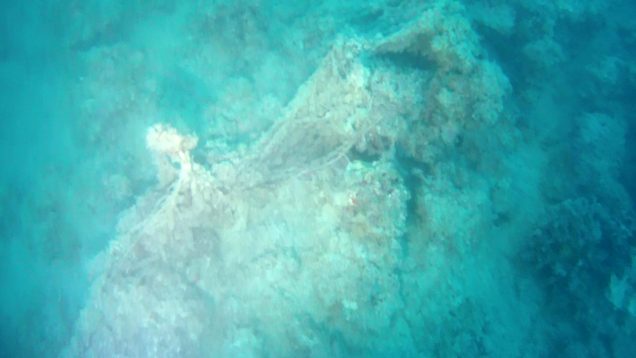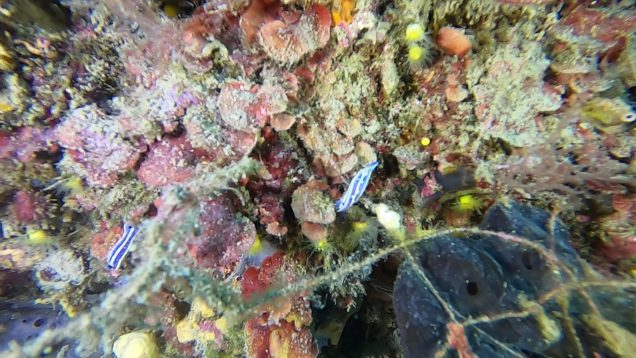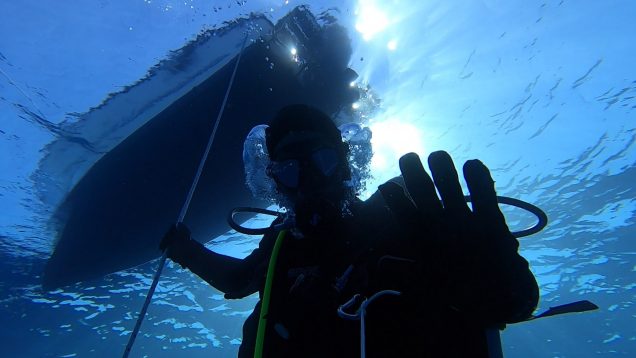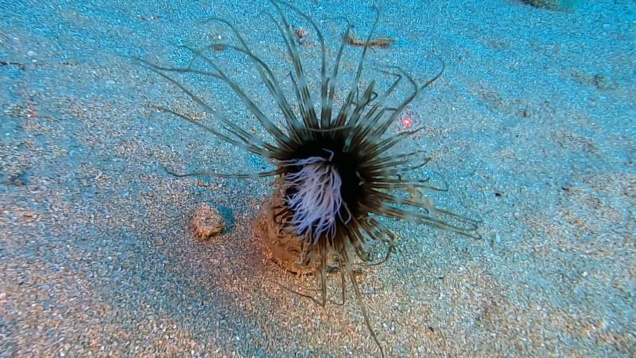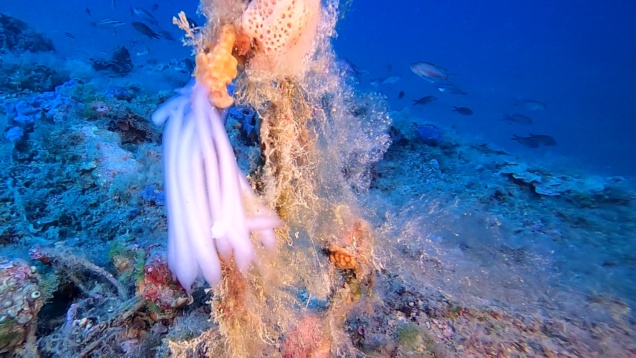Grabbed nets
Grabbed nets by the rocks, and therefore now lost, are one of the most frequent environmental damage in our seas. Not only because they continue to kill marine species of fish, molluscs, crustaceans, corals, turtles and dolphins, ...




